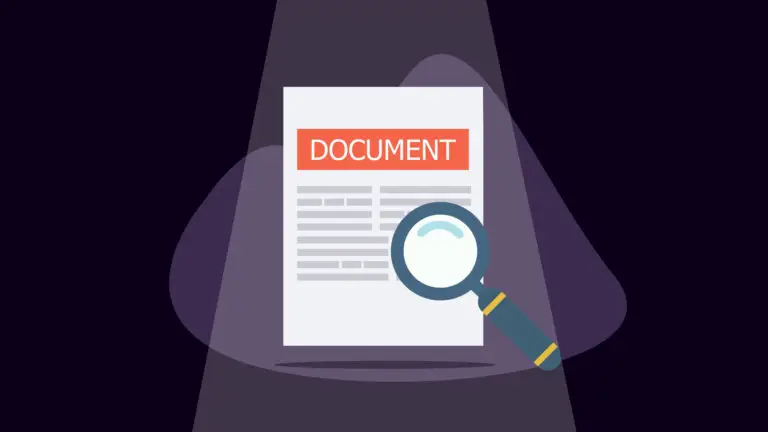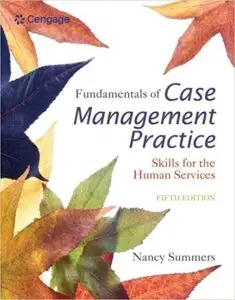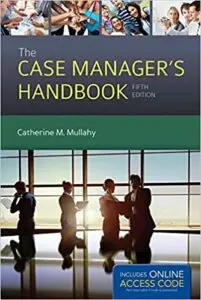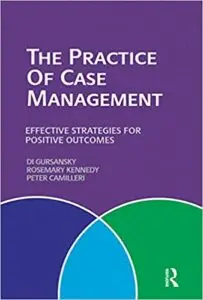
You put everything into your case folder. By everything, I mean everything that can be put on paper.
~ Barry M. Baker Tweet

Detective Lieutenant Barry M. Baker (ret.) is a 32 year veteran of the Baltimore Police Department.
The case folder can consist of a few documents for a minor arrest, or it can resemble a thick telephone book for a homicide investigation. You’ll collect minimal to maximum information toward prosecutions, and how you manage that information is critical to your success. A conscientious police officer will spend a lot of time in court, but even more time will be spent in preparation for court.
Each case folder will be unique. Some cases will require minimal documentation beyond a statement of probable cause, and others will require extensive supporting documents. You may think that everything will be on a computer, and that’s true in many instances. Just remember that important data based information usually ends up on paper. When it comes to court proceedings, everything is on paper and readily available for presentation.
Prosecutors and Case Preparation
Some police officers believe it’s the prosecutor’s responsibility to acquire documents relating to a prosecution. In a sense that’s true; however, it’s you from whom they normally acquire all the necessary documentation. In nearly every case you present for prosecution, it will be your responsibility to produce all the relevant documentation along with any physical evidence.
Let’s say you’re prosecuting a person for drunk driving, and the person is convicted. At this point, the prosecutor is going to submit the certified copy of the defendant’s driving record to the judge. That record will show that the defendant has two previous convictions for drunk driving. But, guess what? You neglected to obtain that certified driving record for your case folder.
You might ask, “What’s the big deal? Doesn’t the judge have a computer with access to your State’s Department of Motor Vehicles?” In all probability, the judge will have that access, but that’s not how things work. The Judge wants to see the certified document.
If you’re in a busy environment, you won’t meet with a prosecutor prior to trial; unless, a case is significant. Most will go to trial with only a few minutes of discussion with the prosecutor immediately prior to trial. The prosecutor will be familiar with the facts contained in your statement of probable cause, but it’s unlikely the prosecutor will have any additional documentation.
What is a Case Folder?
It’s just a folder. But, it’s a folder that holds every document, or copies of documents, relative to your case. If you’re a homicide detective going to trial with a murder case, your folder will be as thick as a telephone directory. If you’re going to traffic court, a single manila folder should be satisfactory.
I arrested a young man for a pile of traffic violations after a heavy duty chain link fence ended his attempt to elude me. He failed to appear for his court date, and a warrant was issued for his arrest. The defendant was arrested – eight years later.
His next court appearance was ensured by his no bail status. On the day of trial, the prosecutor had some bad news. Due to moves and lost records, she had no statement of probable cause or any copies of the citations. She intended to dismiss the charges. I replied, “That’s not a problem” as I opened my simple manila case folder. It contained copies of the statement of probable cause; traffic citations, and a certified copy of the defendant’s driving record.
Every time you arrest a person, you should make a case folder. This prosecutor assumed that my copies of the traffic citations remained in my ticket book. From her experience, she simply didn’t expect a police officer to retain documentation for such a long period of time.
What do you put into your Case Folder?
You put everything into your case folder. By everything, I mean everything that can be put on paper. In the case of physical evidence, you’ll have documentation describing evidence that you’ve submitted. You’ll have return forms such as laboratory forensic analysis. Before you submit a photo lineup to your evidence control unit, make a copy and put it in your case folder. Copy anything and everything so that you’ll have a copy of every document relative to your case.
Don't let things pile up!
There are three types of new police officers: Those who are in for the long haul, and those who think they’re on a mission to save the world. The third type thinks they’re doing everyone a favor by just showing up. The second group won’t have the time to attend to administrative things like maintaining a case folder. The third group won’t be able to work up the energy to keep a case folder even for their minimal work product. You’re obviously in the first group, and you know that record keeping needs to be timely and ongoing.
Related Content for Case Folder
Advertisements




